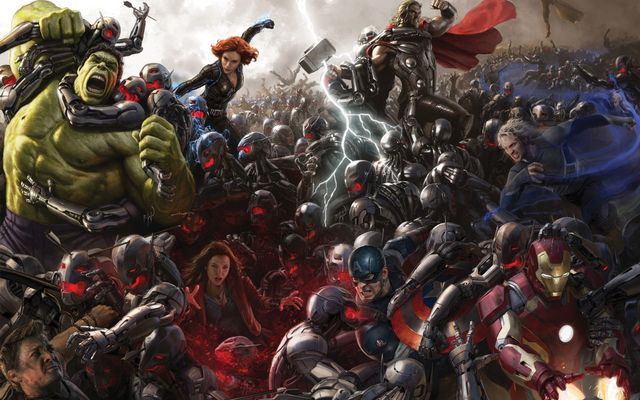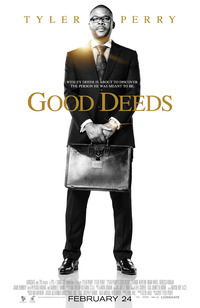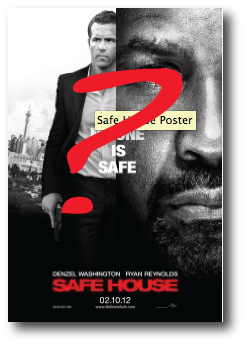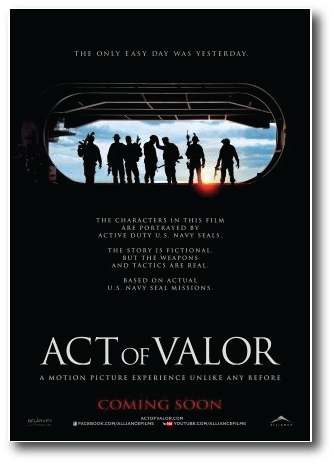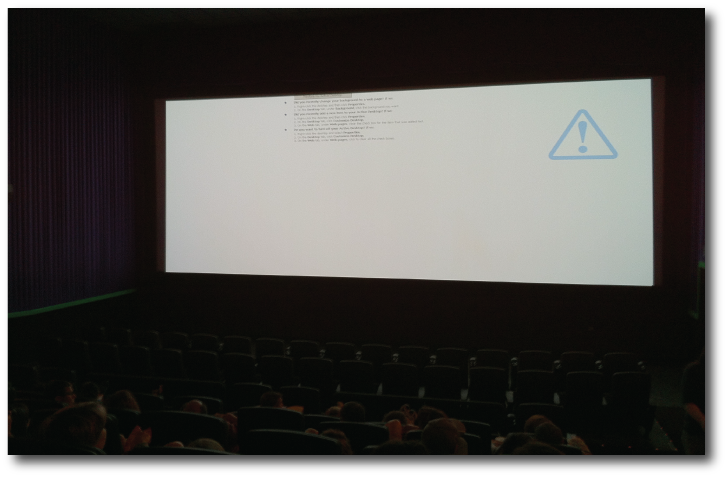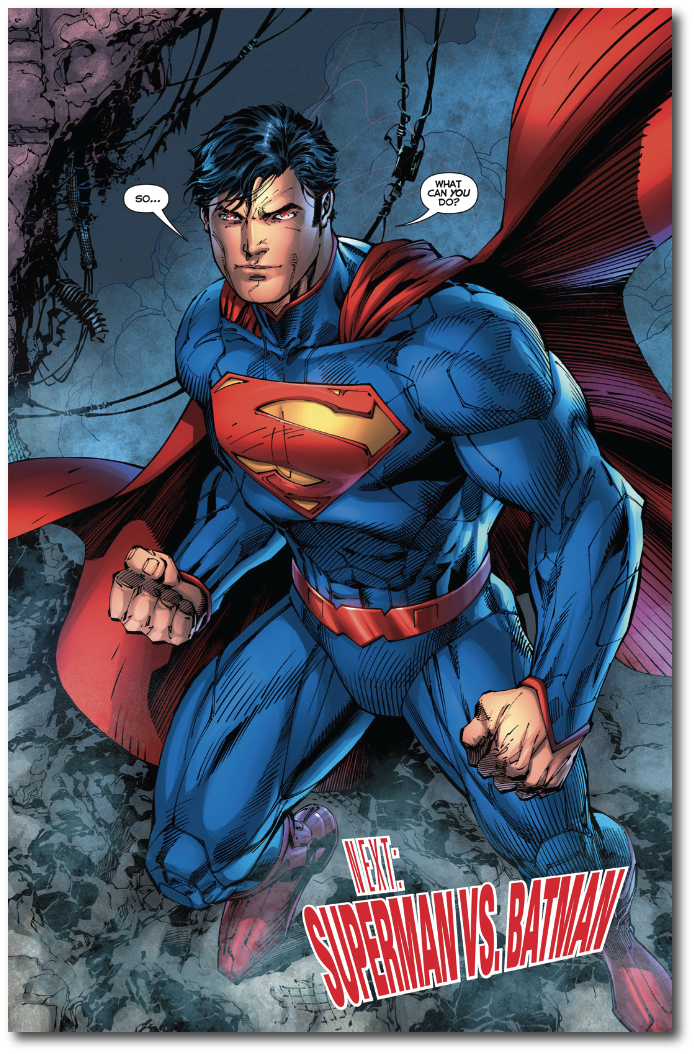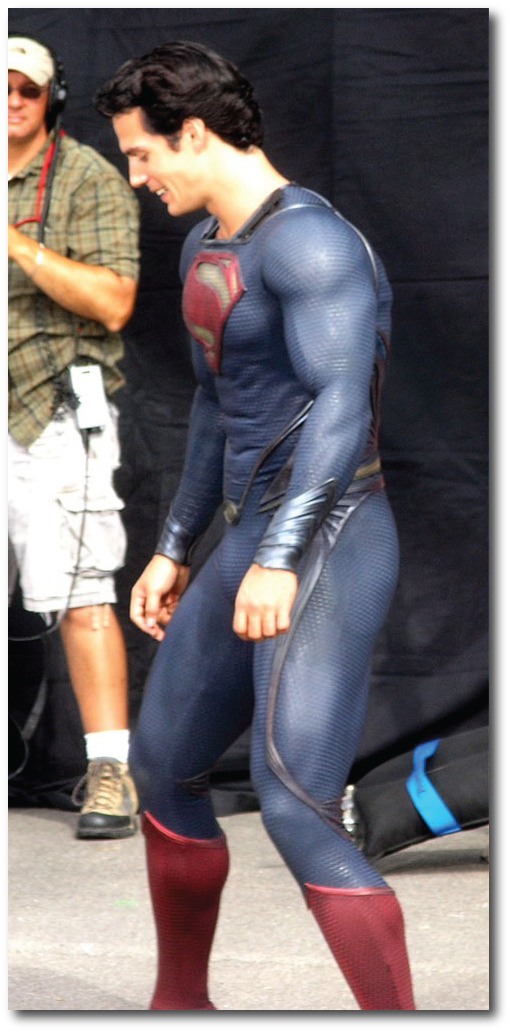 Hailee Steinfeld as Mattie Ross. Her performance is the unexpected surprise of this movie. Too bad the promoters of this film didn't have the decency to add her name to the movie poster.
Hailee Steinfeld as Mattie Ross. Her performance is the unexpected surprise of this movie. Too bad the promoters of this film didn't have the decency to add her name to the movie poster.
After seeing an advance screening of the Coen brothers' True Grit earlier this week, I reflected upon other good movies I've seen this year. 2010 wasn't necessarily a stellar year, but there were some good films (Inception, The Social Network). Nevertheless, I can say without reserve that True Grit is easily the best movie I've seen in a very long time.
No movie is made in a vacuum, and that's especially true of any remake. But it's even more true of True Grit. This movie had haters from the moment that Joel and Ethan Coen announced they were making it. The original 1969 True Grit is not only associated with American icon John Wayne, but the movie became his only Oscar win in a career that spanned four decades. The True Grit character Rooster Cogburn is practically synonymous with John Wayne. Try to name Wayne's character in The Man Who Shot Liberty Valance or The Shootist. I realize that the hardcore John Wayne fans among you can do that, but most who are reading this cannot.
But let's be honest: the 1969 True Grit was flawed. John Wayne read Charles Portis' 1968 book and immediately started pushing for a movie staring himself as the federal marshal. While the Duke's portrayal is laudable, the screenplay was hastily written, and some of the other primary roles were poorly cast.
It's no surprise that Glen Campbell is still better known for his singing than his acting. His portrayal of La Boeuf in the original movie becomes painful to watch as he delivers his lines with all the expression of a teenage actor in a bad high school play. Supposedly, Glen Campbell was selected for the role so that there could be an opening theme for use as a popular song on the radio promoting the film. Of course, it could have been worse. Originally, Elvis Presley was considered for the role. While I enjoy Presley's music much better than Campbell's, I can't imagine he would have been a a suitable choice either.
And clearly, Kim Darby, while a better actor than Glen Campbell, was simply not right for the role of 14-year-old Mattie Ross. Darby was actually 22 at the time. And while they tried to make her look much younger, she's never quite right. While she certainly captures Mattie Ross' determination, Darby does so with a little too much perkiness at times. She's simply not ever somber enough. And her boyishly short haircut, in retrospect forty years later, seems extremely out of place for a western taking place in 1880.
The Coen brothers have insisted that they weren't attempting to remake the 1969 film as much as they were actually making a new adaption of Charles Portis' original novel. Regardless of which movie version is better remembered decades from now, the Coen brothers have undeniably made a much closer adaptation of the book. From the beginning of the novel to the end, True Grit is the story of a little girl seeking to avenge her father's death, to bring justice to the man who struck him down. The book tells the story in retrospect from a Mattie Ross who is much older, remembering the events that she fell into when she was no longer quite a child, but also not quite yet a woman.
In the 1969 movie, Mattie is only the focus of the story until she meets marshal Reuben "Rooster" Cogburn. In that version, once John Wayne steps into the frame, the movie is clearly his until the final scene. While filming, he even told the crew, "This is my show; you're just along for the ride!"
The Coen brothers, however, stay true to the Portis' original source material. Everything in the movie is from Mattie's perspective. Young Hailee Steinfeld, who literally just turned 14 last week, delivers an absolutely remarkable performance as Mattie Ross, as if the character had simply stepped out of Portis' book. She every bit looks the part, from her long, braided hair to her ankle length black dress (Kim Darby's version of the character wore gaucho-style pants, I suppose for easier horseback riding). Steinfeld captures the spirit of Mattie Ross, somber and determined to bring her father's killer to justice. I don't believe I even saw Steinfeld smile until about 2/3 into the movie. She is very much the biblical גֹּאֵל הַדָּם/"avenger of blood" (see Numbers 35:9-34 or the Wikipedia entry for "Goel") bent on securing her family's financial stability and bringing justice to her father's murderer. And while little Mattie Ross is looking for someone with "true grit" to help her track down her father's killer, Steinfeld's portrayal demonstrates to the audience that it is really Mattie who has the most grit of any of the characters.
Matt Damon portrays Texas Ranger La Bouef much better than his predecessor in the role. Although this won't be considered Damon's most memorable part, he has enough acting experience to keep the portrayal authentic, even if I did feel that his Boston accent may have briefly slipped through once or twice.
Certainly Jeff Bridges has seen a renaissance in his acting career recently. His portrayal of Rooster Cogburn will continue to give momentum to his recent acclaim. Surely, it would be intimidating to most actors to even consider taking a role so closely associated with John Wayne. I thought about this long and hard, and I really can't imagine anyone from today's crop of actors besides Bridges who could have pulled this role off. However, when we first see Bridges as Cogburn testifying in "Hanging Judge Parker's" courthouse, his delivery of dialogue was so very slurred that I wondered if he was going to be mostly unintelligible throughout the entire movie. Fortunately, though, having seen the 1969 version recently, most of his lines were familiar, and this allowed me to adjust my ears to Bridges' dialect.
There is a striking feeling of authenticity to the settings, props and dialogue throughout the entire movie. Careful attention has been given to every detail, much more so than the earlier version. Most of the actors' lines are taken straight from Portis' own novel. The particular and sometimes peculiar phrasings seemed to wash delightfully over me as I sat still waiting to hear every word of every sentence spoken. In fact, much of the dialogue that was also used in the first movie, simply makes more sense in the 2010 version of True Grit. The newer script has a much greater cohesiveness than the previous version.
Of course, while the unique dialogue seemed perfect for a Coen brothers movie (which I cannot adequately explain, but many of you will understand), there were a few times that the particular tone and enunciation seemed a bit more reminiscent of O Brother, Where Art Thou? than True Grit. Surely this was a directing decision, but it may have been a bit overplayed at times. Yet those who are familiar, know that the movies made by the Coen brothers tend to carry a style of humor that is never overt, but yet almost always subtly present in nearly every scene. Portis' novel contains a great amount of humor, especially in the dialogue of the exchanges between the characters, and this is simply better captured in the 2010 version of the movie than in its predecessor.
I won't give away the ending of the new version, but I will tell you that it's different than that of the first movie. The Coen brothers stay true to the novel. The 1969 version may have stayed more true to a certain actor's ego (no disrespect intended).
Although Kathy and I saw this movie for free, I would gladly pay to see it in the theaters again (something we rarely do anymore with the high cost of movie tickets). If you're one of the ones who feels as if it's almost an act against the sacred to remake this film, I urge you to set aside your cinematic piety. Westerns these days are few in the theaters, and good westerns even more rare. The 2010 version of True Grit is a welcome addition to the genre, even if it is a story we've been told before.
True Grit arrives in theaters nationwide on December 22.
 Monday, May 11, 2015 at 9:01PM
Monday, May 11, 2015 at 9:01PM 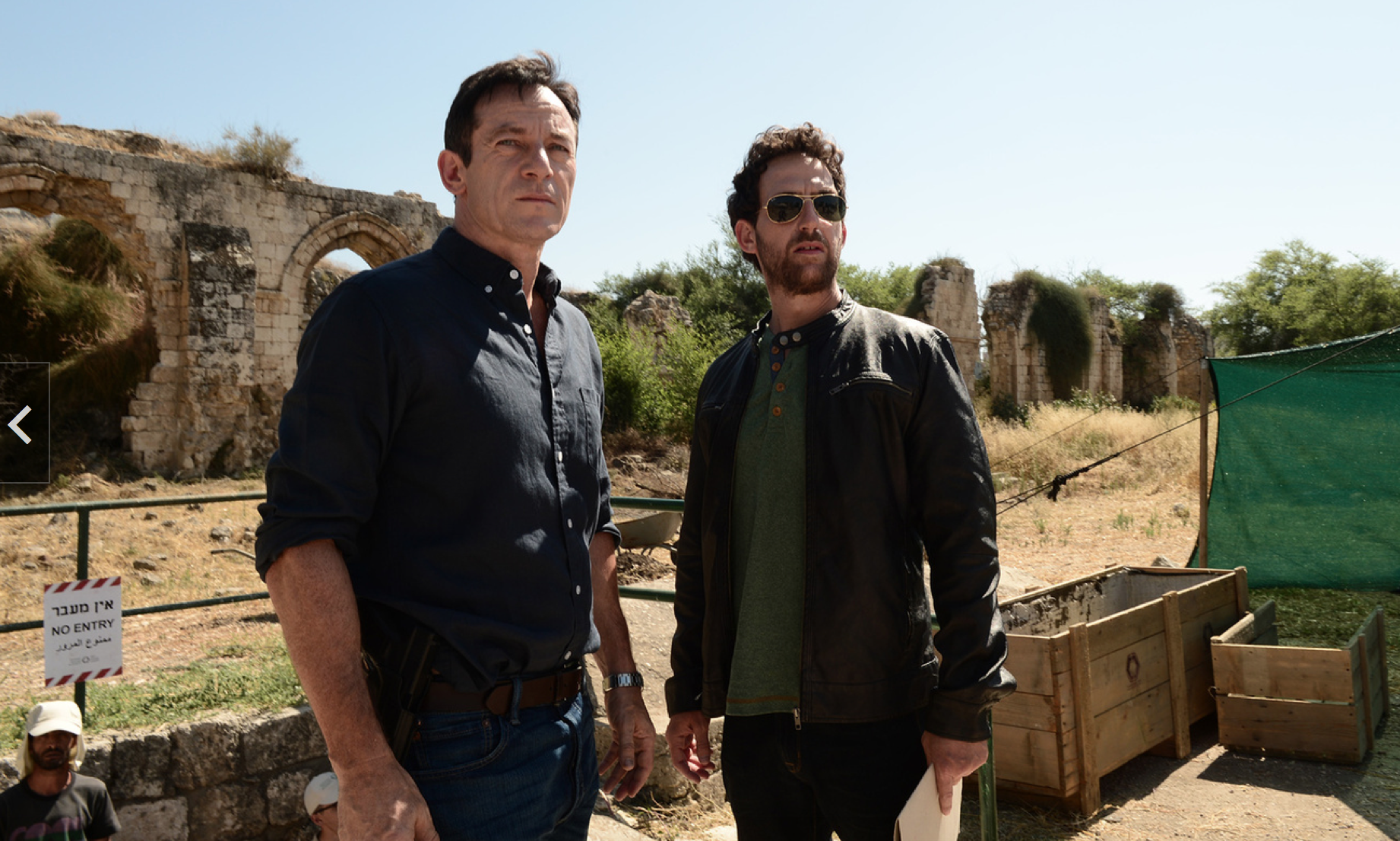
 Dig,
Dig,  Israel,
Israel,  Jason Isaacs,
Jason Isaacs,  Jerusalem,
Jerusalem,  USA Network in
USA Network in  Movies & Television
Movies & Television 

